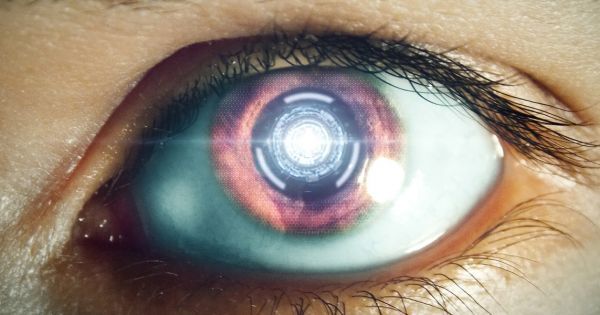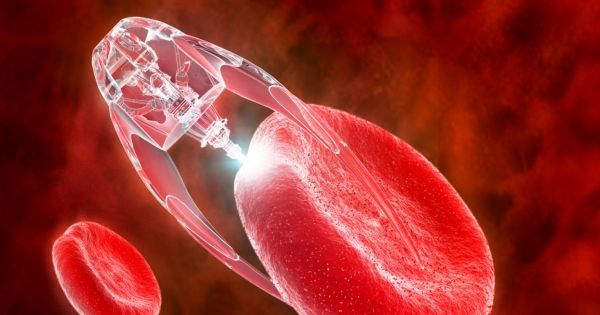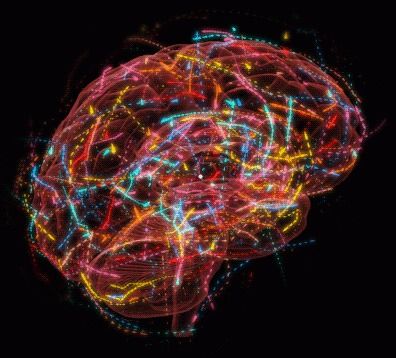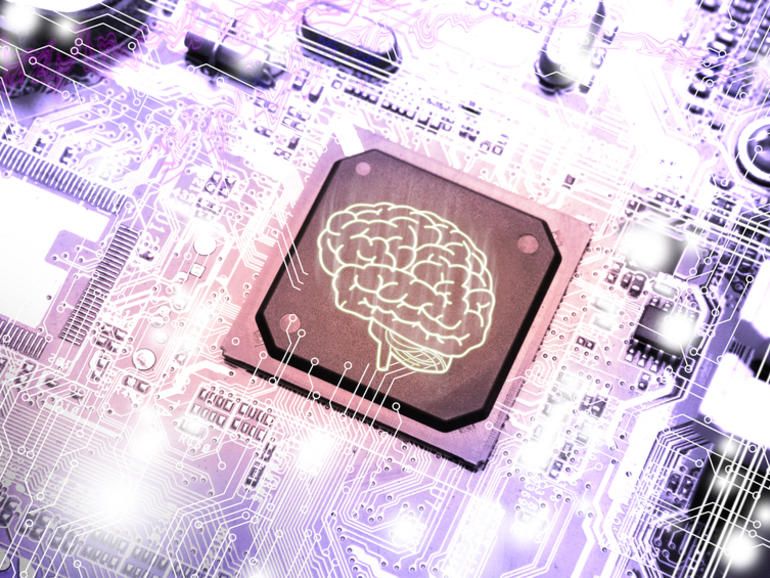
I argued in my 2015 paper “Why it matters that you realize you’re in a Computer Simulation” that if our universe is indeed a computer simulation, then that particular discovery should be commonplace among the intelligent lifeforms throughout the universe. The simple calculus of it all being (a) if intelligence is in part equivalent to detecting the environment (b) the environment is a computer simulation © eventually nearly all intelligent lifeforms should discover that their environment is a computer simulation. I called this the Savvy Inevitability. In simple terms, if we’re really in a Matrix, we’re supposed to eventually figure that out.
Silicon Valley, tech culture, and most nerds the world over are familiar with the real world version of the question are we living in a Matrix? The paper that’s likely most frequently cited is Nick Bostrom’s Are you living in a Computer Simulation? Whether or not everyone agrees about certain simulation ideas, everyone does seem to have an opinion about them.
Recently, the Internet heated up over Elon Musk’s comments at a Vox event on hot tub musings of the simulation hypothesis. Even Bank of America published an analysis of the simulation hypothesis, and, according to Tad Friend in an October 10, 2016 article published in New Yorker, “two tech billionaires have gone so far as to secretly engage scientists to work on breaking us out of the simulation.”
Read more


















